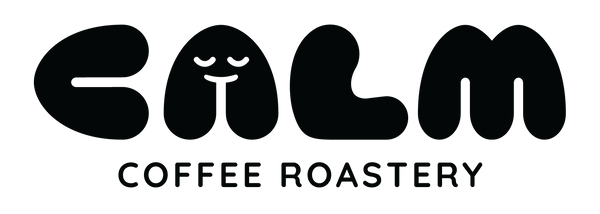The Decaf Project - Tasting Kit
The Decaf Project - Tasting Kit
Couldn't load pickup availability
Our tasting kits are all sold! Thanks to everyone who bought a kit and took part in The Decaf Project.
We have written a few short articles about our experience roasting and tasting the decaf project coffees:
Roasting Decaf Coffee - what we learnt about roasting decaf
How does decaffeination affect coffees flavour - our observations tasting the decaf project coffees.
A unique opportunity to taste one coffee decaffeinated using three different methods. Each set contains 4 samples of Colombia La Virgen, a washed coffee from Huila, Colombia.
- 60g of the original coffee
- 60g CO2 Process Decaf
- 60g EA Process Decaf
- 60g Swiss Water Process Decaf
Our approach to roasting these coffees - we have tried to roast them all to what we consider an equivalent, medium, well balanced roast level - so that a good comparison between the processing method can be made.
Share
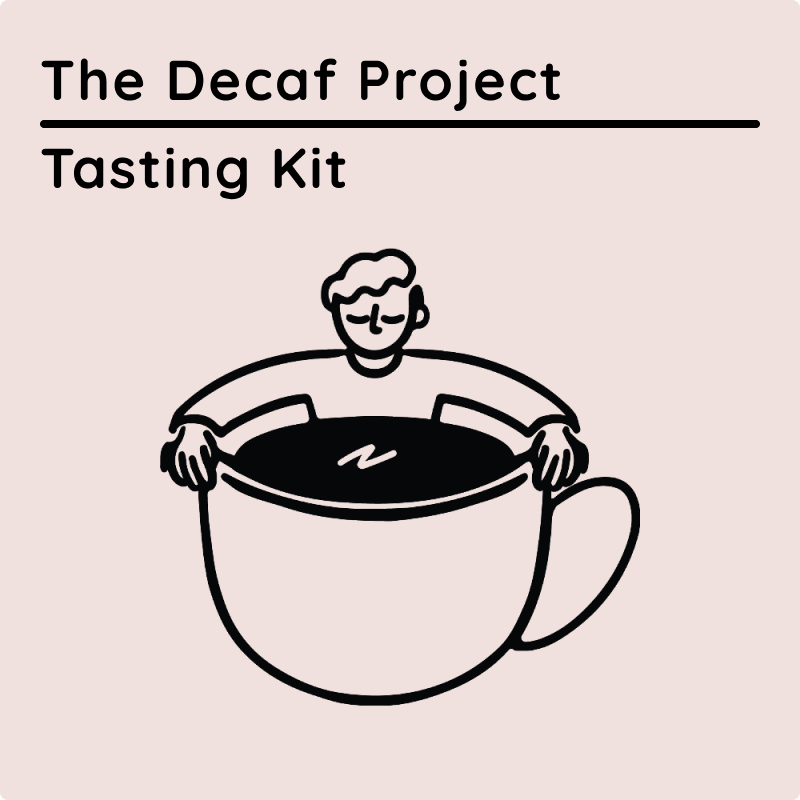
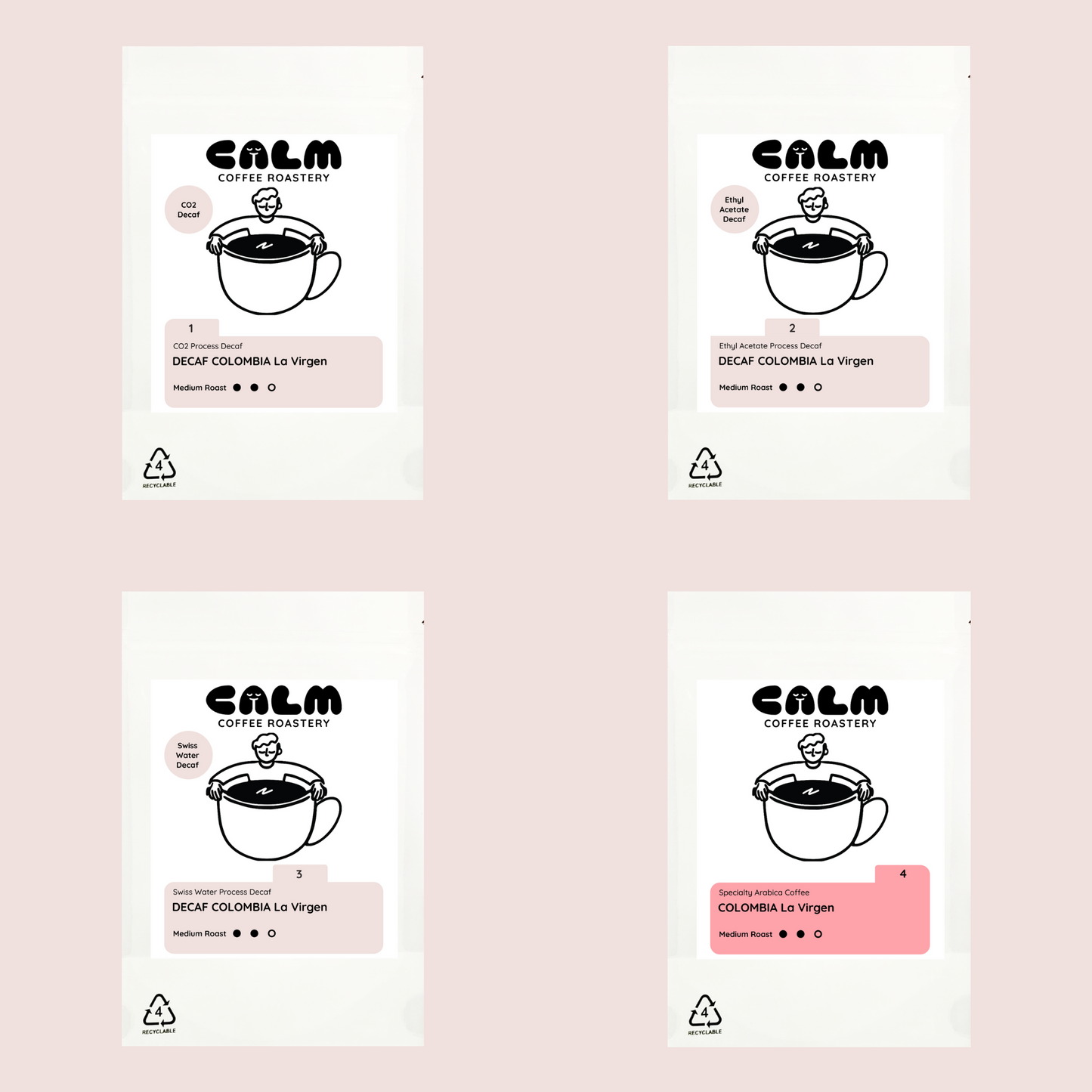
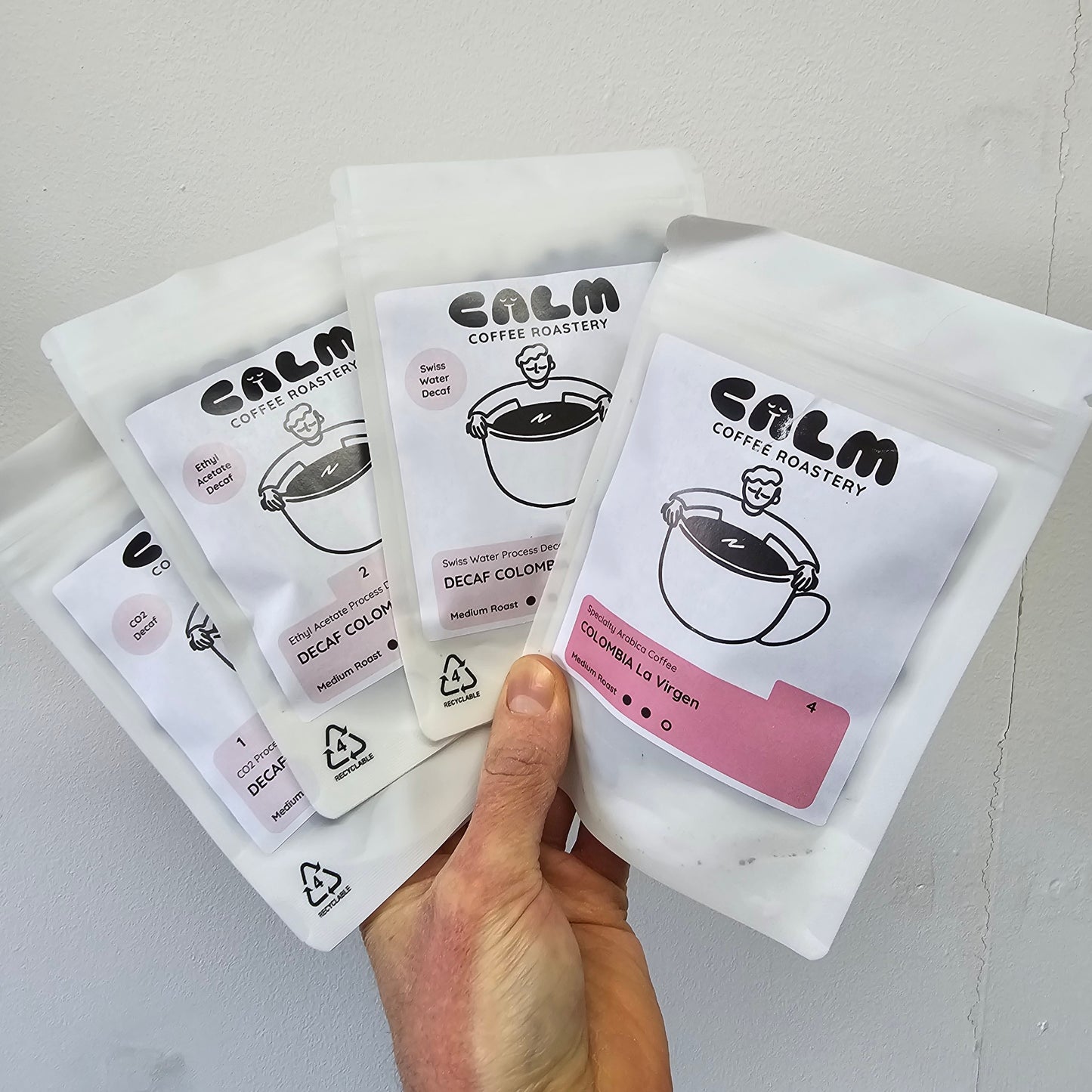
The Decaf Project - Tasting Kit FAQ
Roast Date
We roast on Tuesdays and Thursdays and dispatch the following day. The Decaf Project Coffees will be roasted in the week starting 2nd December.
Shipping Information
We charge £3.45 for UK shipping using Royal Mail's Tracked 48 Service. Shipping is free for orders of £40 or more.
Recyclable Bags
We have carefully selected our bags to be mono material LDPE 4 and they can be recycled. Local recycling services vary across the UK - for the best chance of success drop the used bags at a recycling point
Returns Policy
If you are unhappy with your coffee please contact us at hello@calmcoffeeroastery.co.uk and we will try our best to correct the issue.
The Global Tasting Event
On Sunday 15th December at 3pm there will be a global tasting event on James Hoffmann's youtube channel. You can cup the coffees along with James. It's also fine to simply enjoy them at your own leisure!
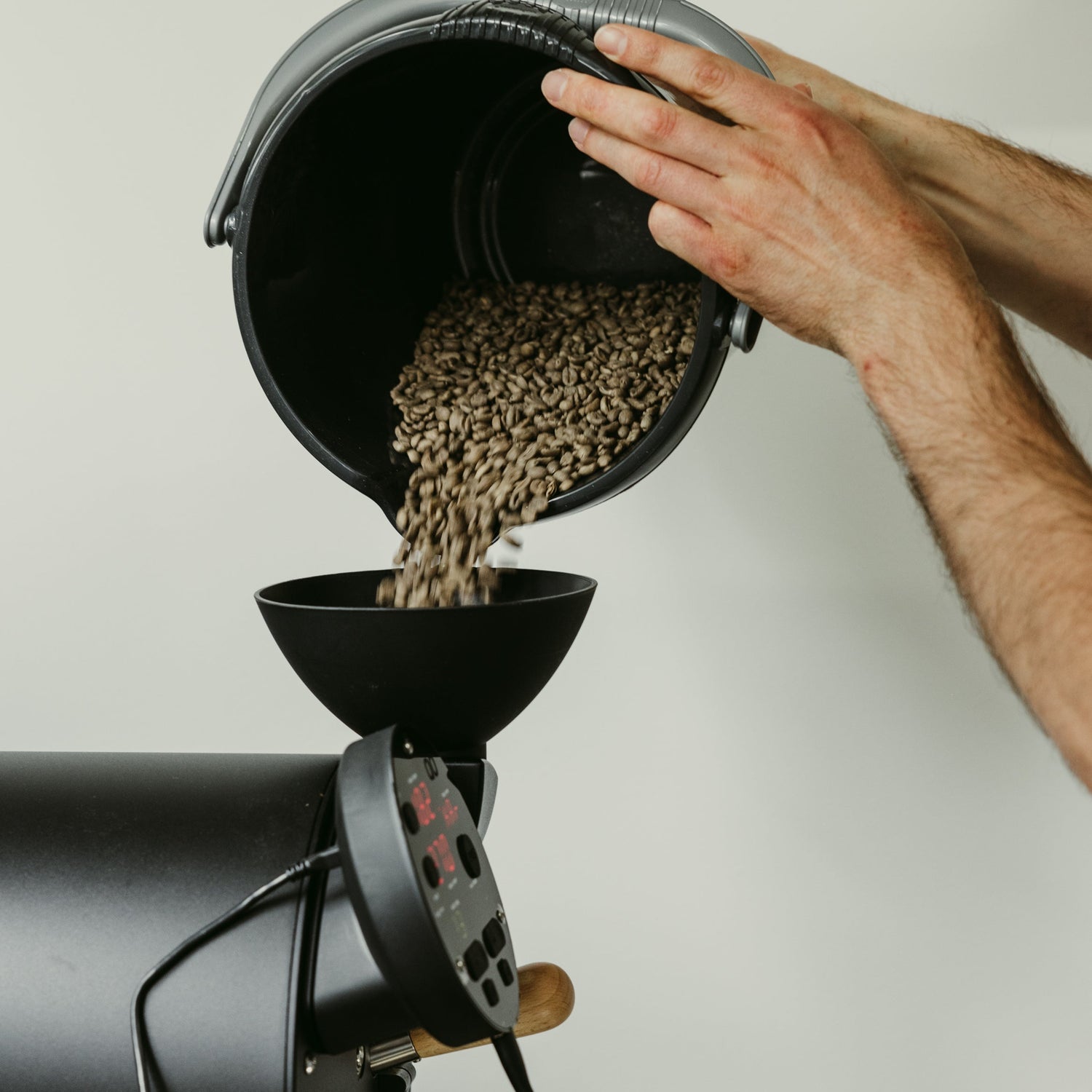
Small Batch, Roasted to order in Peckham
Roasted in Peckham and shipped throughout the UK. We roast with precision and purpose using a science first approach.
The Decaf Project Coffee - COLOMBIA La Virgen
Variety: Caturra, Castillo, Colombia
Process: Washed
Producer: Various Smallholders
Region: Huila
Elevation: 1400-2000m
Harvest: September-January 2024
Grown in Guadalupe, Huila, Colombia, this washed coffee is
produced by traditional farming families dedicated to quality. After selective
hand-picking of ripe cherries, the coffee undergoes washed processing including
a controlled fermentation of 16–36 hours, followed by drying in shaded
facilities for 15–25 days. The result is a clean, balanced cup that captures
the unique terroir of the Huila region.
Some of this coffee was then sent onwards for decaffeination
using three different methods.
CO2 decaffeination
Developed in the late 1980s, this organic-certified method
uses natural carbon dioxide under low temperature and pressure to gently remove
caffeine while preserving the coffee's full flavor potential.
Green coffee is moistened and placed in a vessel where
pressurized liquid CO2 circulates through the beans, selectively extracting
caffeine. Once the desired caffeine level is reached, the CO2 is removed, and
the coffee is carefully dried to its original moisture content. The process
allows both the caffeine and CO2 to be recycled, ensuring minimal waste.
Ethyl acetate decaffeination
Ethyl acetate is ideal for decaffeination as it gently and
selectively removes caffeine from green coffee beans.
The process begins by steaming the beans to remove the
silverskin and hydrate them, opening their cell structure. The beans are then
soaked in a water-ethyl acetate solution that targets and removes caffeine in
several stages. Finally, the beans are steamed again to eliminate any remaining
ethyl acetate before being dried to their original moisture content.
Ethyl acetate is naturally found in sugarcane, coffee, and
fruits like strawberries and bananas, though it can also be made synthetically.
Swiss Water Process Decaffeination
The Swiss Water Process gently removes caffeine using only
water, temperature, and time, while preserving the coffee’s original flavor and
aroma.
Green coffee beans, rehydrated to the ideal moisture level,
are introduced to a Green Coffee Extract (GCE) – a solution of water and
coffee’s soluble components, minus caffeine. The GCE circulates around the
beans, triggering a natural diffusion process that removes caffeine without
affecting the coffee’s flavor compounds. Over 8–10 hours, caffeine is reduced
to no more than 0.1%. The GCE is then purified through a carbon filtration
system and reused for the next batch.
How much caffeine in decaf?
Arabica coffee is approximately 1.2% caffeine by weight and
decaffeination can remove most but not all of the caffeine.
